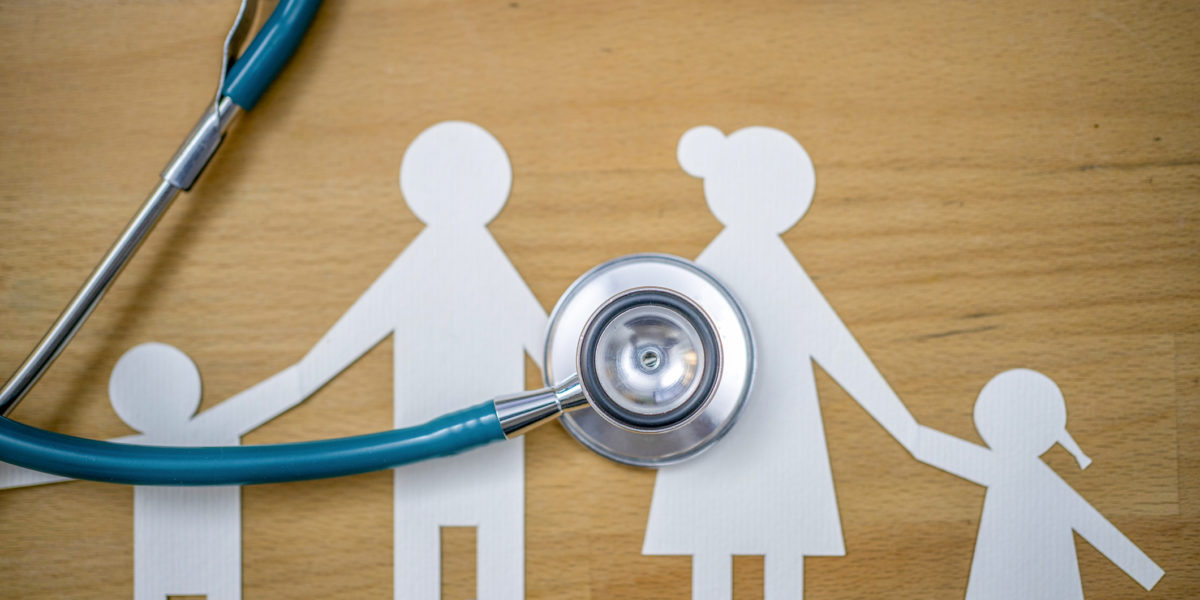Login
2 active alerts
Show
Fellowships
Competencies
Competency required in each of the six categories of objectives.
Competencies
In addition to these objectives, the fellows must demonstrate competency in each of the following six categories of objectives, as defined by the ACGME. These competencies will be evaluated through (1) daily interaction with patients, staff and attending physicians (as recorded in evaluation forms), (2) case logs, (3) quarterly evaluations, and (4) conference and journal club presentations.
Medical Knowledge
Interpersonal and Communication Skills
Related Content
The Medical Group comprises community-based primary-care physician and specialty-care practices.
Partnership expands medical education between ChristianaCare and BayHealth in central and southern Delaware

